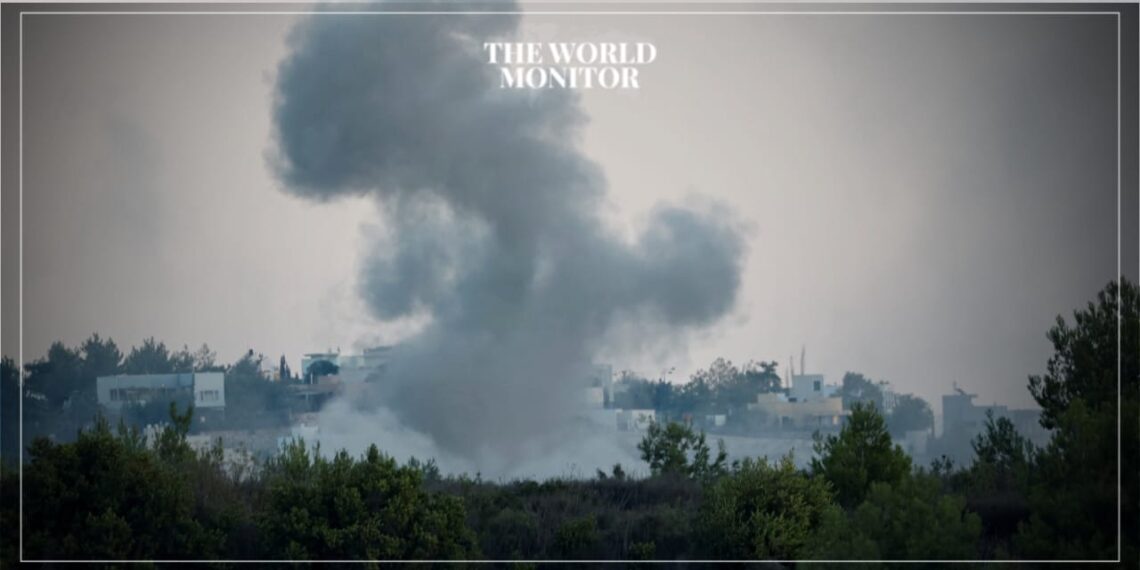The Minister of Agriculture in Lebanon’s caretaker government, Abbas Haj Hassan, has leveled serious accusations against Israel, alleging that it intentionally set fire to extensive agricultural lands in southern Lebanon during its recent bombings of the region. The attacks coincided with Israel’s ongoing war on the Gaza Strip that commenced on 7 October of the previous year.
Minister Haj Hassan disclosed that the Lebanese government has formally informed the United Nations about the significant agricultural losses incurred due to Israel’s bombing campaign.
The damages include the deliberate burning of approximately 50,000 ancient olive trees, with some trees dating back as far as 300 years.
Expressing the challenges of assessing the full extent of the losses amid ongoing Israeli bombardment, Haj Hassan characterized the situation as a “barbaric war par excellence.” He emphasized the difficulty in estimating damages while lives are at risk, hindering on-site assessments.
Haj Hassan revealed preliminary estimates suggesting that thousands of hectares were entirely consumed by fires resulting from the bombings, including the use of internationally prohibited phosphorus.
The minister claimed that Israel’s motive behind the bombings was to create a non-green belt, leaving the areas exposed.
He noted, “The damage is no less than 50,000 olive trees, some of which last for up to 250 and 300 years. It is difficult to compensate the people who grew up under these olive trees, as well as their families, their grandparents, and their dead. Therefore, the issue is more than an economic issue; it is a purely social and historical issue.”
Haj Hassan detailed the extensive destruction, citing dozens of completely obliterated farms, tens of thousands of livestock casualties (including goats, cows, and sheep), and the widespread loss of avian life.
He underscored the severity of the situation, extending from Labouneh by the sea to the Shebaa Farms, where farms, both familial and commercial, were ravaged by the Israeli attacks.






